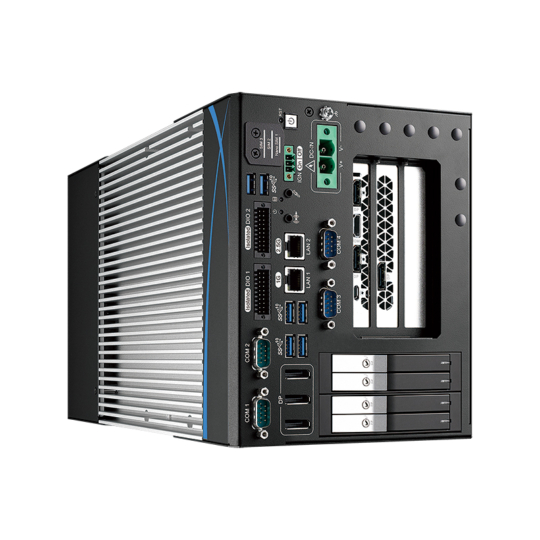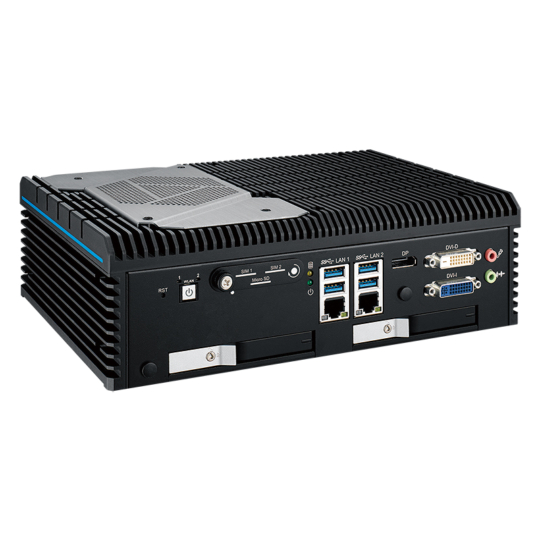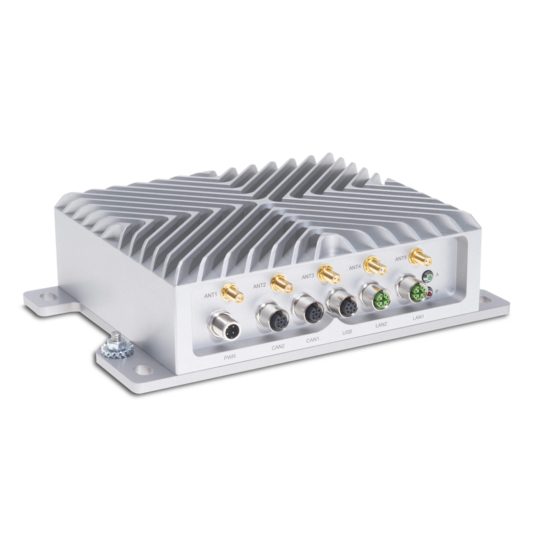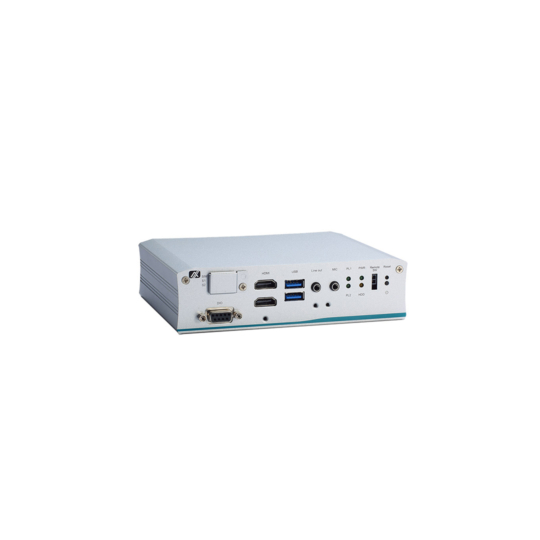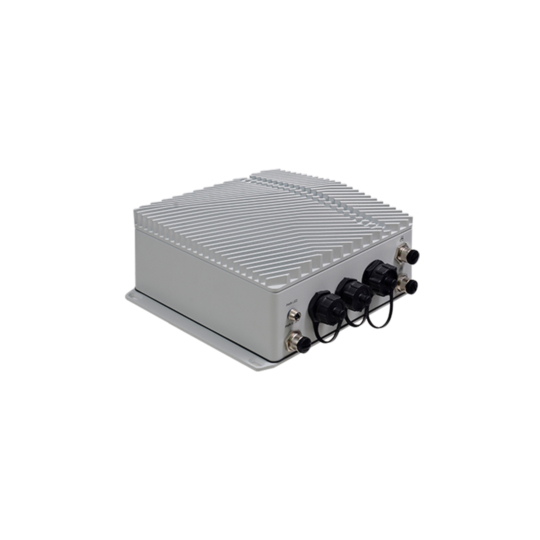Harsh Environments Which Require Rugged Computing
Rugged computers are specifically engineered to operate effectively in the most challenging environments where standard industrial PCs will struggle to survive. Our range of rugged computers make light work of shock & vibration, extreme temperatures, and variable power whilst eliminating points of ingress and system failures. Typical applications for deploying rugged computing includes in-vehicle applications, harsh manufacturing environments such as steel factories, and installations outdoors where no system protection is offered.
“The control computers from our rugged series drive technological advancement everywhere where the conditions are especially adverse. Speak with one of our solution architects and we’ll recommend a system for deployment.” Andrew Whitehouse, CEO at Things Embedded.
Rugged PCs with High MTBF Figures in Challenging Conditions
Key Features in Selecting a Rugged Computer
Do you have an upcoming project requiring a rugged computing platform? Or maybe you’re dealing with system failures in the field and need to look for an alternative system? After reading this article you’ll be fully equipped with the knowledge required to know if your application could benefit from a rugged computer. Or you can send an inquiry and let one of our solution specialists advise further. Here are a few factors which set apart a rugged PC from a standard embedded box PC.
Capable of Withstanding Extreme Temperature Swings
Most industrial computers have a 0 to 50 C operating temperature. Quite possibly the most important feature of rugged computers is their wide operating temperature range. In contrast, rugged computers typically have a minimum -25 to 70C operating temperature range and sometimes wider supporting -40 to 85C making them ideal for environments where temperature control is not an option. By selecting onboard expansion with the appropriate temperature rated components, you’ll ensure your computer will operate to its fullest potential with no points of failure when it comes to sub zero or extremely hot environments.
Making Light Work of Shock and Vibration
Whether your rugged computer is installed in an aircraft or being transported in a ground vehicle, there’s a chance it will endure mechanical shock at some point during its life cycle. Many applications such as condition monitoring or in-vehicle installations often require resistance to repeat shock & vibration to avoid failures as components and connections can come loose. Rugged PCs once again thrive in these environments as they are typically tested and certified by industry standards such as MIL-STD-810G, UNECE Reg. 10 E-Mark, and EN50155.
On the outside of the rugged box PC specialists connectors can be used to minimise the risk of loose connectivity. Locking USB/Ethernet/Serial/CAN/Power connectors are used among fanless devices to mitigate this risk. Specialist M12 and MIL-STD circular locking connectors are also utilized to carry power and various protocol signals in extreme applications.
External mounting brackets have been common in the industry for vibration isolation and additional stability when installed in the field. A new feature adopted by many rugged GPU manufacturers include internal mounting brackets which effectively prevent GPUs from vibrating out of place.
Sealed Against Dust and Water Ingress
As a basic standard a rugged computer will operate utilising heatsinking technology to keep the system cool. Removing the requirement for a fan prevents the computer from collecting dust, a common point in failure in operating standard PCs in industrial environments. Harsh environments such as the construction industry would potentially be very dusty and make it very difficult for a fanned PC to continue operation for extended periods of time without constant maintenance.
Some applications in the maritime sector for example require ingress protection against water. Our range of waterproof PCs are a minimum IP65 for general protection against the rain, IP67 for potential system submersion in water, and even IP69K for high pressure washdown applications when mounted for example on the outside vehicle. In this case M12 locking connectors or specialist hooded connectors from companies such as Amphenol are utilized to prevent any moisture from getting inside the system.
Endurance Against Power Fluctuations with Wide DC Input
Rugged computers also feature wide power input ranges capable of withstanding dips or surges in power. A typical system will often feature a wide range of 9-48 V DC compare with 12 or 24V DC on a standard industrial PC.
Sometimes this wide range voltage input goes further to support specialist rail applications. Rugged railway computers will carry EMC compatibility according to EN-50121-3-2 and furthermore have a galvanically isolated power supply input.
Ignition control is also a common feature among our rugged IPCs allowing for a timed start and shutdown of your computer when paired with the vehicles ignition to prevent loss of data or corruption of your operating system.
Rugged Computing with Long-term Availability
One of the main reasons our customers choose Things Embedded is the long-term availability of its industrial computers. Many of our customers have had problems with discontinued hardware in the past which as a result has forced retrofits of entire system infrastructure which is both costly and time consuming. Guaranteed by our technology partners and covered under CPU embedded roadmaps we look to serve long life solutions and offer like for like or direct upgrade paths where suitable.
Need help selecting your next rugged compute platform?
Tell us about your application and a member of our team will get right back to you.

